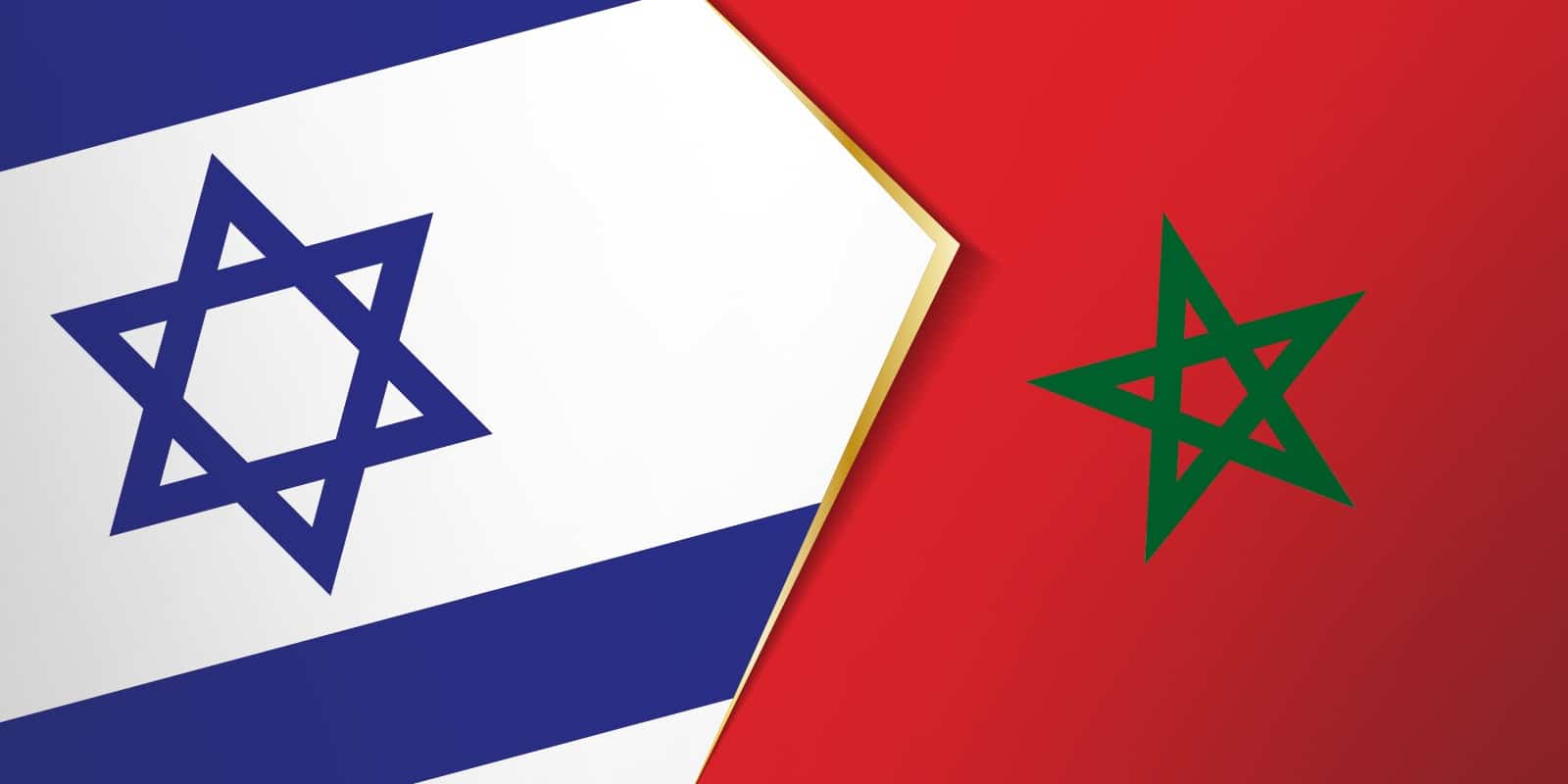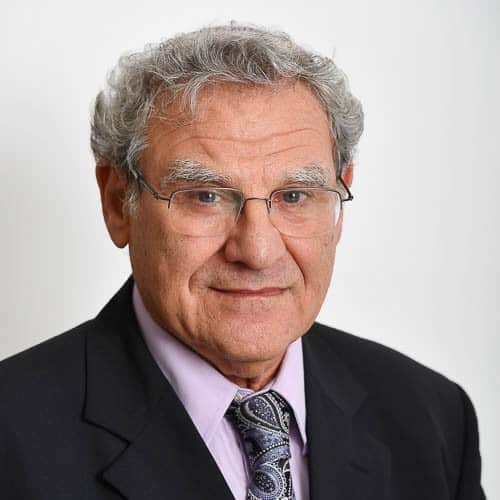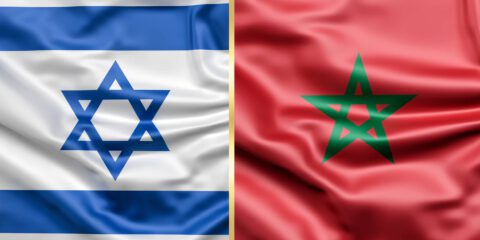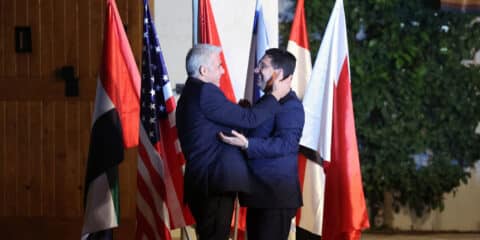If Israel fails to halt Iran’s nuclear progress, the pro-Israel trend in the region will disappear.
Shortly after the announcement of the Abraham Accords in 2020, then-US President Donald Trump announced that a fourth Arab country – Morocco – would soon establish full diplomatic ties with Israel as well.
In return, Washington would recognize Moroccan sovereignty over Western Sahara, taking its side in a drawn-out conflict with Algeria.
Although Morocco sent forces to fight against Israel in the 1967 Six-Day War and 1973 Yom Kippur War, it has in recent years emerged as a moderate Arab state when it comes to the Jewish state.
The two nations have cooperated for years in various fields, especially on security and intelligence. And contrary to many other Arab countries, Morocco has treated its Jewish community with tolerance. Moreover, it officially recognizes Jewish heritage in Morocco as part of its cultural mosaic.
The normalization agreement was signed in December 2020, which included economic and diplomatic cooperation and direct flights between Rabat and Tel Aviv.
The two countries maintained diplomatic relations already in 1995 but were severed during the Second Intifada that began in 2000. Nevertheless, Morocco allowed Israeli tourists, and the bilateral ties continued beyond the public eye.
After normalization, many areas of cooperation opened up. Israel is a hot commodity globally due to its impressive achievements in agriculture, medicine, water engineering, communications, and cybersecurity – all of which can benefit Morocco.
Last month, Defense Minister Benny Gantz visited Morocco and signed a security cooperation agreement to foster ongoing military dialogue, defense procurement, and the exchange of intelligence between the two countries. The visit, which received comprehensive media coverage in Morocco and abroad, demonstrates that ties between Jerusalem and Rabat are growing stronger.
Morocco plays a vital role in the Middle East and Africa in particular. Its royal family claim to be descendants of the Muslim prophet Muhammad gives it a particular influence among Arab countries. Growing ties with Jerusalem will allow other Arab nations to do the same.
Morocco pays lip service to the Two-State paradigm to resolve the Israeli-Palestinian conflict. Still, its behavior signals that the Palestinian issue is not a barrier to its relations with Israel. Moreover, Morocco, a respected member of the African Union, influences the Muslim states in Sub-Saharan Africa, which might be helpful to Israel.
Morocco sees itself as playing a role in defending the Muslim holy sites in Jerusalem. The budding relationship with Israel lends legitimacy to the status quo in Jerusalem that preserves Israel’s control of the eastern part of the city and the Temple Mount. Like other Arab capitals, Rabat does not regard the Palestinian aspirations to take over the holy sites in Jerusalem favorably.
The Sunni dynasty in Morocco has faced subversion by Iranian agents. Therefore, it partners with Israel to curb Iranian influence in the Middle East and Africa. It also opposes the Iranian ambitions of establishing a naval presence in the Mediterranean and the Atlantic Ocean.
It seems the time is right for Israeli-Moroccan ties to flourish. But we should bear in mind that these relations are under heavy criticism by Islamist and nationalist circles in Morocco, and internal political changes may bring the honeymoon to an end.
We must not forget that instability is a hallmark in any such relationship. If Israel fails to halt Iran’s nuclear progress, the pro-Israel trend in the region will disappear.
The Iranian threat prompted these Arab countries to normalize ties with Israel openly. The absence of Israeli action would lessen the Abraham Accords’ achievement, including in relations with Morocco.
JISS Policy Papers are published through the generosity of the Greg Rosshandler Family.








 - בניית אתרים
- בניית אתרים